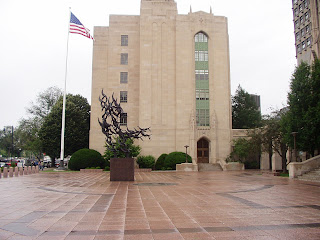Oprah Winfrey and Government leaders seek prevention for child abuse
L ast week a very powerful and emotional topic was discussed on a new episode of The Oprah Winfrey Show . The subject of this episode was child abuse and the affects that abuse has on male victims in particular. The show offered an inside look into how victims of abuse can cope with what happened to them and how they can help other abuse victims. This episode of The Oprah Show was informative because it highlighted a difficult topic that can have devastating societal effects. For well over twenty years, Oprah Winfrey has been an advocate for the rights of children. She was instrumental in the passage of the National Child Protection Act of 1991 – which created a national database of convicted child abusers. In an episode of her show that aired on Monday, September 15, 2008, Winfrey encouraged her audience to support the Protect Our Children Act, U.S. Senate Bill 1738. During this episode, Winfrey explained to her viewers the pervasiveness of child pornography in America, particular
